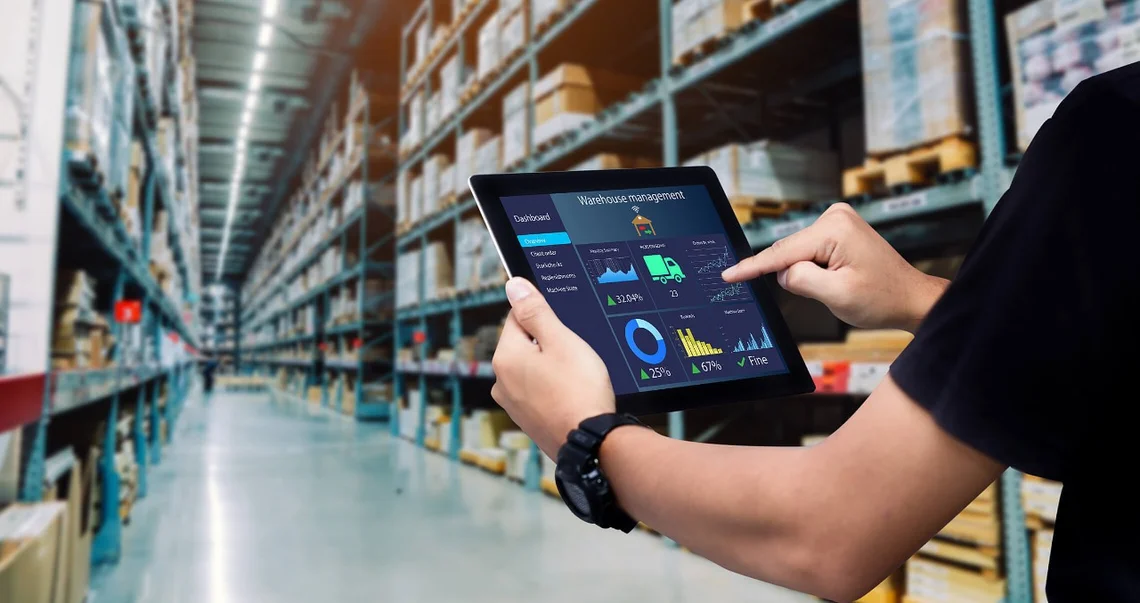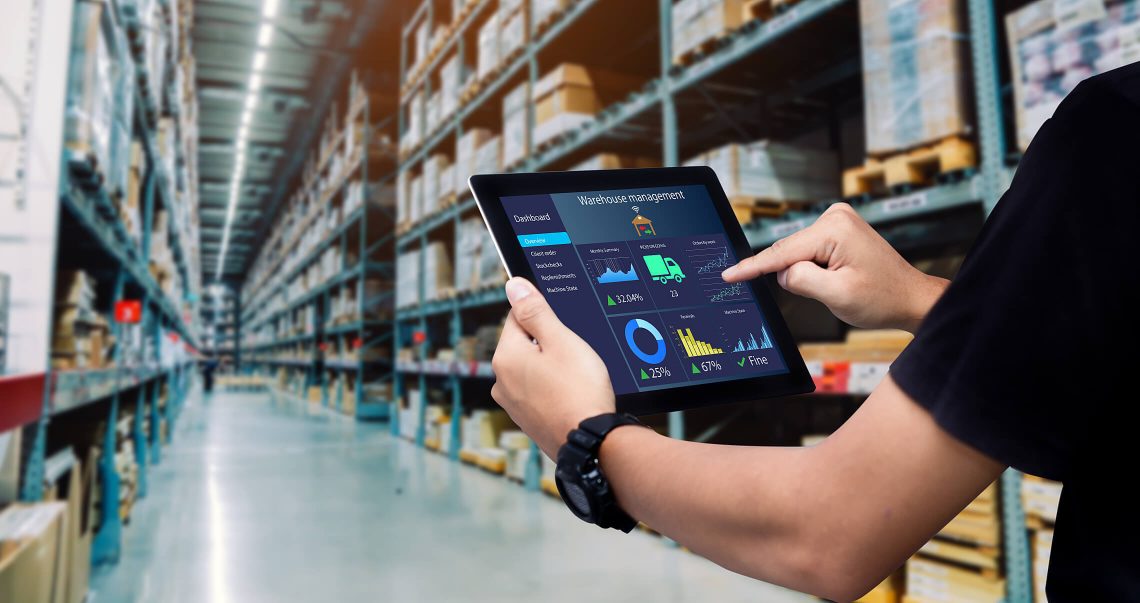Inventory management process: Streamline to success
When your company offers any kind of product, your inventory management process is essential to bridging the gap between your suppliers and your customers—especially during seasonal surges, holidays or special events.

To ensure that goods and materials consistently flow smoothly, it's important to begin planning and upgrading your inventory management long before the orders start rolling in. In a world of strained supply chains, this is perhaps more important than ever.
Streamlining your inventory handling procedures
Challenges around supply chain management crystallized during the COVID-19 pandemic. Already valuable links to suppliers grew even more critical as raw material processors, factories, transportation companies and port operators shut down. Many still struggle to return to pre-pandemic efficiency. As a result, your company's inventory management process could require some significant changes in the new reality. As you refresh your inventory system processes and procedures, consider the following steps.
1Establish priorities
Some items in your inventory are more important than others. Ongoing assessments—using ABC analysis, which accounts for the value of each unit, or FSN analysis, which classifies each unit based on how quickly it's used—heighten the understanding of your inventory.
2Communicate with suppliers frequently
Don't wait for an incomplete delivery to assess how likely vendors are able to fulfill your order. Determining where their stock stands in advance of your order helps you plan for an alternative source if needed.
3Increase options
Diversify your supplier choices by exploring new vendors—especially local or regional firms, who may be easier to access.
4Build sales plans around demand forecasts
Use past performance to help project future sales and needed orders. How did items sell in the past? What did you run out of? How does demand change by season? Clear answers to questions like these may help you counter supply issues ahead of time.
5Monitor supplier efforts in real time
Your key materials, parts and components could get held up on ships, at ports or in warehouses. Keeping tabs on the specific location of your inventory better allows you to adjust your logistics should delays occur and obtain a better sense of the ETA.
6Automate the tedious
Even the best inventory management professional gets bogged down by goods and product updates, uploads of new shipment data and invoicing chores. Automated processes like artificial intelligence can save time, reduce errors and give you more time to improve supplies in other ways.
7Update your technology
Toss the clunky spreadsheets and invest in a centralized inventory management software that can adapt to the nuances of today's complicated business landscape. Integrate it with mobile devices, radio-frequency identification tools, data analytics software and robotics to sharpen your warehouse operations.
8Review, recalibrate and review again
Run reports regularly and conduct physical audits periodically to determine what's working and what isn't. Tweak assumptions and processes on demand, ordering and delivery as needed.
Potential returns are high
The investment in inventory management process improvements can be significant and certainly warrant careful consideration.
But the benefits of reducing both stock-outs and excess stock can be substantial, including:
- Enhanced customer service resulting from deeper insights into your ability to fulfill orders
- Bottom-line friendly inventory levels accurate enough to meet demand, yet don't require costly excessive storage
- Increased warehouse efficiency across your entire inventory oversight efforts
- Reorientation toward more stable supply chains
Ultimately, your inventory management effectiveness will determine whether or not your customers believe they can count on you. This is particularly true during high-demand periods such as holidays, summertime and other tightly defined seasons. As such, every unit counts.





